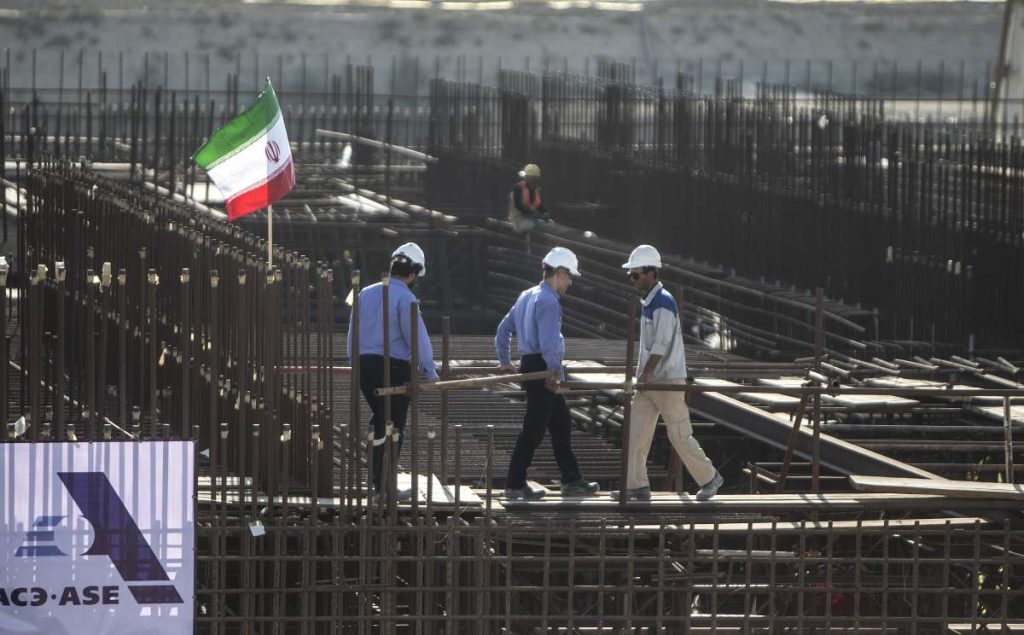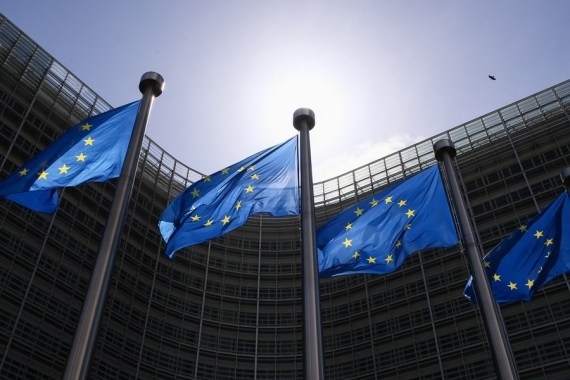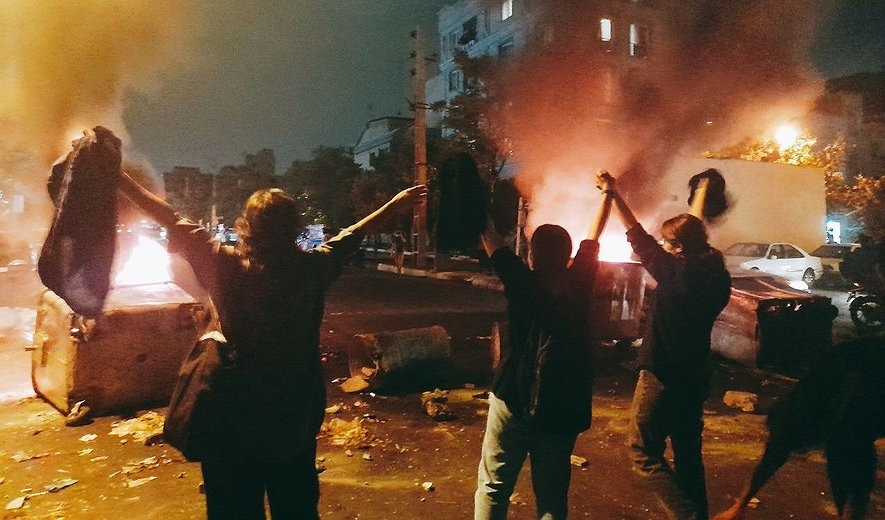Iranian President Ebrahim Raisi meets Iraqi Prime Minister Mohammed Shia’ al-Sudani to improve bilateral ties and safeguard regional security…reports Asian Lite News
Iranian President Ebrahim Raisi said here Tuesday that Iran and Iraq have agreed to work together to improve bilateral ties and safeguard regional security.
Making the remarks in a joint press conference with visiting Iraqi Prime Minister Mohammed Shia’ al-Sudani, the Iranian president said that security, peace and stability in the region are very important for both governments.
“Therefore, fighting terrorist groups, organized crimes, drug trafficking and any insecurity that threatens the region is part of the agreements and common will of the two countries,” he said after the meeting with al-Sudani who arrived in the capital Tehran earlier in the day.
“The presence of foreigners in the region does not create security in any way, rather it adds to problems,” Raisi said.
Just as the Americans’ presence in Afghanistan and Iraq was not a factor that contributes to security, their presence is not an advantage in other parts of the region, and their (American forces’) withdrawal from the region can definitely contribute to the the region’s security, he added.
As to economic and commercial cooperation, Raisi said the Iraqi delegation’s visit can facilitate the dealing of the monetary and banking issues as well as electricity and gas exports to Iraq.
Raisi said al-Sudani’s visit was a turning point in the relations between the two countries, hoping that the visit will be a big step towards improving relations.
For his part, al-Sudani said that his visit to Tehran is aimed at discussing bilateral economic, political and security issues as well as reviewing the latest international developments.
He stressed that his government would not allow Iraq to become “the starting point for harming the countries of the region,” said al-Sudani.
He also emphasized the importance of carrying out cooperation to fight against terrorism and drugs.
“We respect Iran’s stance in supporting Iraq in the export of electricity, and urge that the export continue until the completion of Iraq’s electricity and gas production projects,” said al-Sudani.
Talks regarding the export of Iran’s crude oil and its by-products to Iraq will be held between the officials of the two countries in subsequent meetings, he said.

NUCLEAR PLANT
Iran began the construction of a new nuclear power plant in its southwestern province of Khuzestan, Nour news agency reported.
Mohammad Eslami, the head of the Atomic Energy Organization of Iran, and some local officials witnessed the start of construction of the 300-megawatt Karoon nuclear power plant, which will install a pressurized light water reactor that uses 4-percent enriched uranium oxide as the fuel.
Iran has started building nuclear power plants at “a high speed,” Eslami said, adding the Karoon plant will help Iran reach the goal of increasing the share of nuclear energy to about 20 percent of the overall electricity basket. Iran plans to spend 1.5 to 2 billion U.S. dollars and eight years to build the Karoon plant, according to Nour news agency.
The 1,000-megawatt Bushehr nuclear power plant, which is the first civilian nuclear power plant in Iran, began supplying electricity in September 2011 with the cooperation of Russia

Ties with EU
Iranian Foreign Minister Hossein Amir-Aabdollahian has held a phone conversation with EU foreign policy chief Josep Borrell on issues of mutual concerns, Iran’s Foreign Ministry said.
During the conversation, Amir-Aabdollahian thanked the EU high representative for foreign affairs and security policy for his role on the path of dialogue and interaction, the ministry said on its website.
He meanwhile lodged criticism against the “diplomatically-impolite rhetoric” of one or two European ministers, saying they were under the influence of wrong information, which could do damage to the bloc’s strategic goals.
The top Iranian diplomat urged Borrell to play his important role in preventing the bloc from making “unconstructive” moves in bilateral relations, according to the ministry.
The two sides also discussed the latest developments of the Vienna negotiations for reviving the Iranian 2015 nuclear deal, and cooperation between Iran and the International Atomic Energy Agency.
For his part, Borrell underscored his efforts to facilitate an agreement among all sides.
Iran signed the nuclear deal, officially called the Joint Comprehensive Plan of Action (JCPOA), with world powers in July 2015, agreeing to put some curbs on its nuclear program in return for the removal of the sanctions on the country. The United States, however, pulled out of the deal in 2018 and reimposed its sanctions on Iran, prompting the latter to reduce some of its nuclear commitments under the deal.
The talks on the JCPOA’s revival began in April 2021 in Vienna. No breakthrough had been achieved after the latest round of negotiations in early August.

Hijab Protests
Iran’s National Security Council announced on Saturday that more than 200 people have lost their lives in recent “riots” in the country.
“Investigations by the authorities show that as a result of the aforementioned riots, more than 200 people have lost their lives,” the council said in a statement released by the official IRNA news agency.
The casualties include security officers, civilians, “rioters” and “armed anti-revolutionary members of separatist groups,” it added.
The “riots” that erupted after the death of 22-year-old Mahsa Amini were not “a civil protest” but “destruction and violence,” the council noted.
“Any disturbance in public order and illegal gatherings at any level and place will be dealt with decisively and without tolerance,” it vowed.
In September, Amini died in a Tehran hospital a few days after collapsing at a police station, sparking protests across Iran. The protests first erupted in her native province of Kurdistan and then spread to other Iranian cities including the capital Tehran.

Leave a Reply